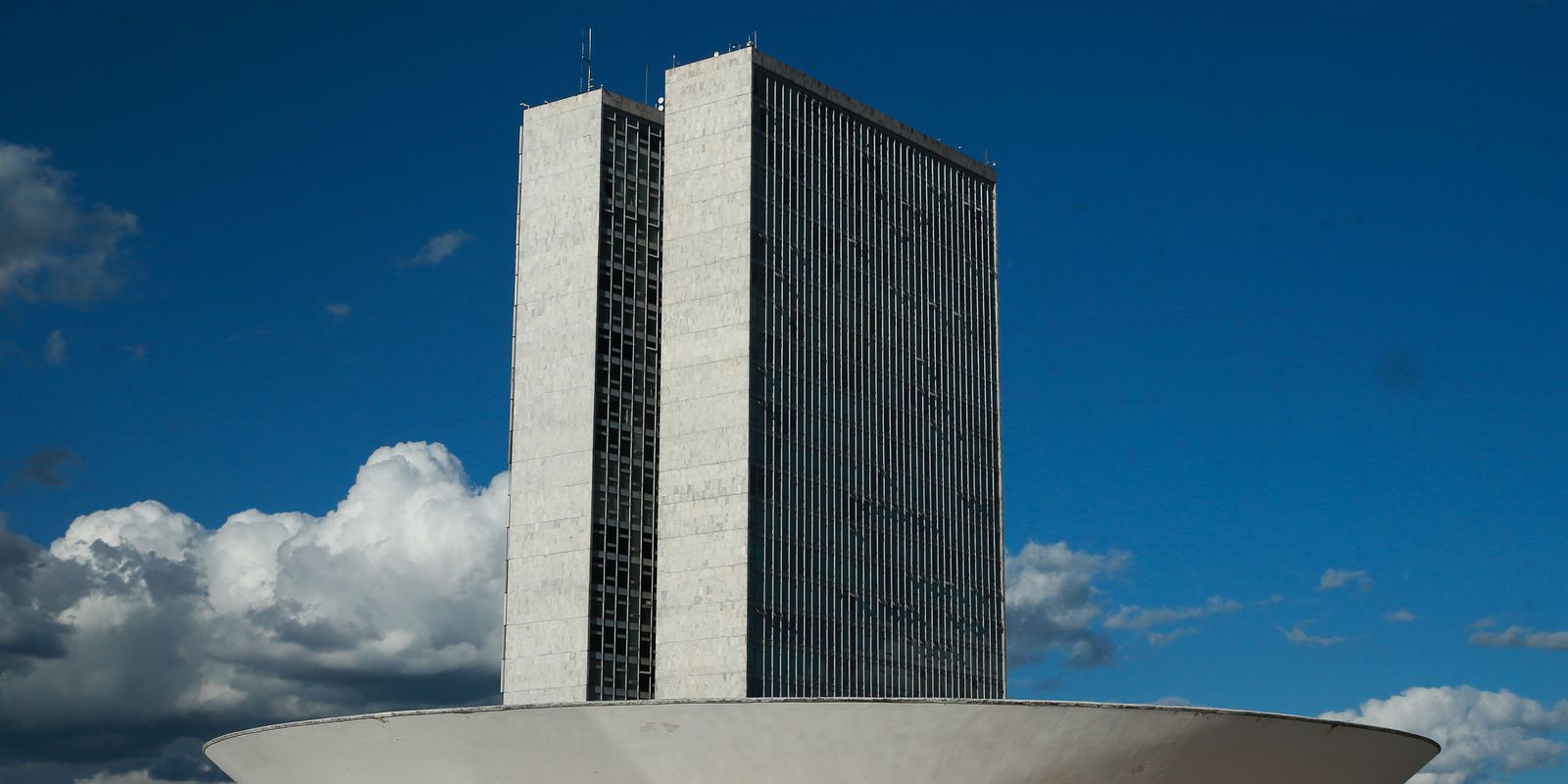
A few days ago Lucía Dammert Guardia (50) asked her boss at the University of Santiago for a year, where she works as a professor at the Faculty of Humanities. The reason: next March 11, with the inauguration of Gabriel Boric as President of the Republic, she will be installed on the second floor of La Moneda.
Considered an old and controversial inhabitant of the Palace, from that day on she will be responsible for leading the advisers in terms of strategy and content of government policies.
They are territories that the sociologist, doctor in Political Sciences, Peruvian-Chilean (in 2013 she became a Chilean national), knows well and that were not always kind to her. For some, a brilliant expert; for others, conflictive and “too skillful” when it comes to creating networks and “moving” to make contacts.
She participated in the second Bachelet government as head of the Studies Division (2015-2016) of the then Undersecretary of the Interior, Mahmud Aleuy, and was also part of Jorge Burgos’s team when he took office as Minister of the Interior.
From there he left after resigning in March 2016, after spending months doing minor work in his charge.
This degradation was generated as a result of the conviction of Daniel Cancino Varas, father of his partner at the time –the former deputy prefect of the PDI, Daniel Cancino Cornejo–. Cancino Varas, a former Dina agent, belonging to the Vampiro group, was convicted of human rights violations, along with Manuel Contreras and 15 other former agents, for the qualified kidnapping of Carlos Guerrero, a disappeared detainee, among other crimes.
Cancino Varas did not appear before Judge Leopoldo Llanos on January 5, 2015 to serve his sentence in Punta Peuco, and remained a fugitive for seven months. These events occurred while Dammert was an adviser to the Ministry of the Interior, her partner was her ex-PDI, and her sister-in-law, an active official in the Investigative Police.
This episode ignited old resentments in the uniformed world, which already distrusted her: for being a woman, Peruvian and for her communist father. The discomfort within La Moneda grew and the doubts of human rights organizations due to conflicts of interest also grew. But her departure – they say – was not due to that, but to strong friction with the work team, including Aleuy himself, which had been going on since before his ex-father-in-law happened. Conflicts that became unsustainable, added to certain doubts due to his practical contribution. “Very capable in theory, but sometimes actions are required and there were episodes such as the bombing of the Escuela Militar metro station (2014), where her contribution was not well evaluated and mistrust towards her was heard again,” they point out.
So, he went to Interior, to Jorge Burgos’s team. Some say that “because there he saw more opportunities to continue in those circles.”
However, his situation due to the arrest of his then father-in-law became untenable and he submitted his resignation in March 2016. Later, he declared in The Mercury: “I have to pay very little guilt for the father of my expololo (…). I decided to enter (Interior) because I thought that the political cooptation of the police, their total autonomy, or the very low technicians were going to change, but I was wrong. Realizing that, I left the government.”
It was from then on that he entered Usach.
Network articulator
But she was very close to the concertacionista world long before. After her arrival in Chile (she was born in Lima, she is the daughter of Manuel Dammert, a well-known communist leader and congressman -who died of Covid-19 last April-, and of fellow sociologist Flor Guardia), because of her husband’s work and because his family had suffered an attack that was directed at his father. He began working at the CESC (Center for Studies in Citizen Security of the University of Chile), where he conducted research and stood out for his academic production and his communication skills: “He knows how to translate the theoretical into the political and has a great ability to capture opportunities to arise”. There she weaved her first networks with Chilean politics.
Hugo Frühling, current director of the Institute of Public Affairs of the University of Chile, then director of the CESC, presented it in the nascent Division of Public Security (1999-2000), to gather information for his doctorate.
“She is very productive, if something or someone interests her, she looks for a way to approach, to arrive. She always makes a good impression, she is intelligent and attractive in every way”.
In 2001, she joined the Director of Public Security, Gonzalo García, as advisor. Later, this division of the Ministry of the Interior would become the Undersecretary for Crime Prevention. At that time she met José Miguel Insulza, who was the Minister of the Interior. Dammert began to participate in the tables of the Citizen Security Policy that Insulza promoted and little by little he gained visibility. Later when the panzer assumes as secretary general of the OAS, Dammert appears advising him on citizen security and with work on police training in Latin America.
Through this friendship, he accesses Chile 21, which opens up a new network of contacts for him.
From there, she developed a career as an adviser to parliamentarians of the Security Commission, such as Jorge Burgos (DC), Felipe Harboe and Carolina Tohá (PPD). In this way, her name became well-known, trustworthy, and she came to Bachelet’s programmatic team, “recommended” by Paula Pacheco, daughter of former minister Máximo Pacheco. She thus entered the Bachelet team in Tegualda. From there she jumped to Aleuy’s team.
Landing on the Broad Front
Those same consultancies to parliamentarians were the ones that brought her closer to Giorgio Jackson and his group, with whom she exercised a kind of security “classes”. She later collaborated with RD for the registration of the candidacy of Beatriz Sánchez. So when Boric needed to strengthen her security program for the runoff election, she immediately thought of her and was added to her team.
Quickly, thanks to her experience and international and national contacts (she has worked, in addition to Chile, in academic institutions in the United States and Argentina; she was director of the Security and Citizenship program at Flacso-Chile), she became a close and fundamental collaborator in the project of the future Government. In addition, she strengthened ties with the circle of trust of the then candidate. Once Boric was elected, she was in charge of calling international contacts and articulating networks at the diplomatic level. Thus, she was conforming her return to power and to the place where she arrived two decades ago to look for opportunities. In addition, they say that she managed to install Eduardo Vergara in the Undersecretary for Crime Prevention.
Are you ready for that job?
They answer for her:
“It is better that she is as an advisor and has not taken an executive position, because she is very ambitious and attached to her ideas.”
Another opinion suggests that everything will be fine as long as she does not come into conflict with any minister, because she has a lot of character and, although she has Boric’s trust, she does not have a political party that supports her.
“It’s hard to think that she was put there to act as a security expert, it would be buying a free problem… So maybe it’s a castling in the play… The second floor is not a technical position… And it is in the nature of the scorpion to act like a scorpion ”.







